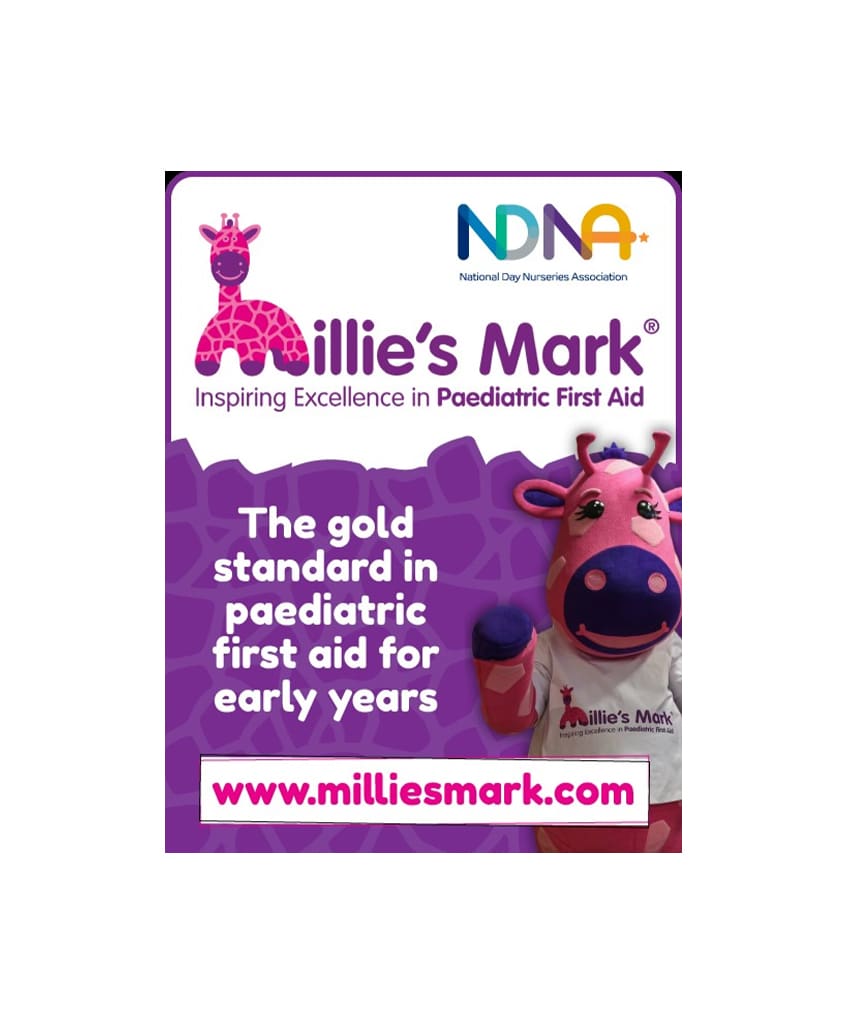Alzheimer’s disease is a physical illness which damages a person’s brain. This eventually causes dementia. Alzheimer’s disease is the most common cause of dementia.
Dementia is an umbrella term for a range of progressive conditions that affect the brain.
Each type of dementia impairs a person’s capacity to remember, think, and communicate by preventing their brain cells’ (neurones’) appropriate functioning in particular regions.
Alzheimer’s disease or dementia?
The term ‘Alzheimer’s disease’ – or Alzheimer’s – can be used to describe the physical disease that damages the brain, as well as the type of dementia that the disease causes.
What is the difference between Alzheimer’s and Dementia?
With dementia, it becomes difficult for a person to carry out daily tasks on their own because of memory or other sorts of cognitive impairments. Numerous conditions that affect the brain may be the cause. The most typical cause of dementia is Alzheimer’s disease.
Years before any symptoms appear, the brain is where Alzheimer’s disease begins. Early symptoms are not severe and may not prevent someone from engaging in daily activities. Only later do the symptoms get bad enough to be classified as “dementia.”
Other common causes of dementia include vascular disease, which prevents blood from getting to the brain properly, and Lewy body disease.
Just as with Alzheimer’s, these diseases develop in the brain over many years. Eventually they lead to Vascular dementia and Lewy body dementia.
What is Alzheimer’s disease?
Alzheimer’s disease is the most common cause of dementia. 2 out of 3 people living with dementia in the UK have Alzheimer’s disease, which is sometimes called “Alzheimer’s”.
Alzheimer’s disease is a physical illness which damages a person’s brain. It starts many years before symptoms start to show.
Alzheimer’s disease’s moderate initial symptoms don’t hinder someone from performing daily tasks on their own. Mild cognitive impairment (MCI) is what is meant by this.
Alzheimer’s disease affects everyone differently. However, it has some common early symptoms:
- memory problems
- thinking and reasoning difficulties
- language problems
- changes to how they see and hear things
- changes in mood
Alzheimer’s disease symptoms will deteriorate with time. A person with Alzheimer’s disease will require more assistance with daily tasks as the disease worsens.
What causes Alzheimer’s disease?
Although there are many other contributing factors to Alzheimer’s disease, the accumulation of the chemical’s tau and amyloid in the brain is a significant factor. These group together to create microscopic formations called plaques and tangles when conditions in the brain aren’t right. These impair the brain’s ability to function normally.
The condition causes certain areas to gradually shrink over time. Additionally, it reduces the amount of crucial chemicals required to convey instructions across the brain.
A person eventually experiences memory loss and cognitive difficulties as their brain tries to recover from the damage that occurred. Dementia is the term used to describe the condition when it has progressed to the point that it is difficult for the individual to perform daily chores that they once performed without difficulty.
What is Dementia?
Dementia is a group of symptoms. It’s caused by different diseases that damage the brain. The symptoms get worse over time and include:
- memory loss
- confusion and needing help with daily tasks
- problems with language and understanding
- changes in behaviour.
Dementia is progressive, which means symptoms may be relatively mild at first, but they get worse over time.
What are the other types of Dementia?
Vascular dementia: this the second most common type of dementia and it is caused by problems with the blood supply to parts of the brain.
Lewy body dementia: Lewy bodies are tiny clumps of protein that build up in the brain. When this happens, it leads to Lewy body disease. There are two main types:
- Dementia with Lewy bodies: this condition is referred to as when the initial symptoms of dementia are also those of Lewy body disease.
- Parkinson’s disease dementia: Parkinson’s disease, which mostly affects mobility but can also result in dementia years later, is another condition that Lewy body disease can lead to. If so, this is referred to as dementia due to Parkinson’s disease.
Frontotemporal dementia: A less frequent kind of dementia is frontotemporal dementia. It can be brought on by a variety of illnesses, but they all primarily affect the front or sides of the brain, also referred to as the frontal and temporal lobes.
Mixed dementia: When a person exhibits a combination of clinical symptoms from two or more distinct types of dementia, such as symptoms of both Alzheimer’s disease and dementia with Lewy bodies, this condition is known as mixed dementia.
How do I know what type of dementia I have?
A healthcare professional with expertise in dementia must make the diagnosis, which is typically done after a thorough evaluation at a nearby memory facility.
The type of dementia a patient has should ideally be disclosed by the doctor when they receive the diagnosis. But this isn’t always the case. It might be challenging to determine the cause of dementia, especially in its early stages.
Even though it’s not always necessary to know the exact cause of dementia, understanding the cause can help you understand the patient’s symptoms and choose the best course of action.
Useful Numbers
Carers UK
0808 808 7777 (helpline, 9am–6pm Monday–Friday)
advice@carersuk.org
www.carersuk.org
Carers UK gives carers advice, information and support.
Dementia support line
0333 150 3456
Rare Dementia Support
020 3325 0828
contact@raredementiasupport.org
www.raredementiasupport.org
Rare Dementia Support works to support people affected by five rare dementia conditions: familial Alzheimer’s disease (FAD), frontotemporal dementia (FTD), familial frontotemporal dementia (FFD), posterior cortical atrophy (PCA) and primary progressive aphasia (PPA).
We hope this information and advice has or can help you in some way if you know someone experiencing Alzheimer’s or Dementia.
Please get in contact with us if you would like to discuss First Aid or Mental Health training to enable you to feel confident and assist in an emergency. Please call us on 01276 586943 or email us at admin@crosscountiestraining.co.uk.









